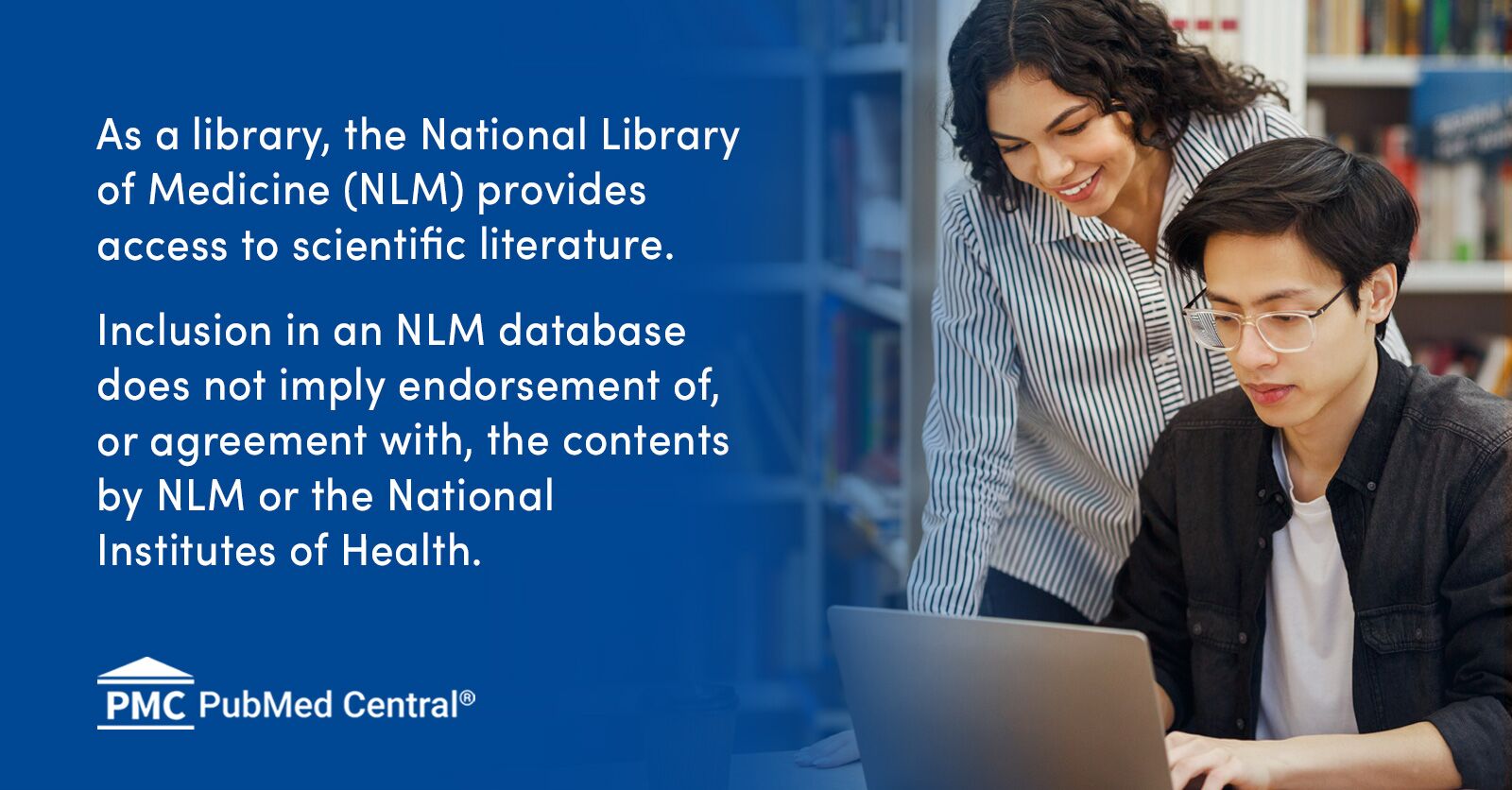Yeah, the withdrawal from gabapentinoids is not fun, and ranges from major depressive symptoms to psychotic symptoms and parasomnias. Thankfully most of the withdrawal symptoms can be avoided even with fairly rapid tapers. That's been my experience at least.
Although there's no conclusive evidence to support the notion that gabapentinoids are GABAergic. From various reviews..
Evidence suggests that pregabalin, although structurally related to GABA, is not functionally related, and as such does not act via the GABAergic system. Pregabalin itself is inactive at GABAA, GABAB, and benzodiazepine receptors, and is not converted metabolically into GABA or a GABA agonist. In addition, clinically effective concentrations of pregabalin have no effect on GABA uptake or degradation. Furthermore, experiments conducted in the rat forebrain and in the rat optic nerve demonstrate that pregabalin does not elevate GABA levels acutely in these tissues.
[ref]
and
Despite its structural similarity to GABA, GBP does not bind to GABA receptors, is not converted metabolically into GABA, and is neither a substrate for, nor a direct inhibitor of, GABA transport.
[ref]
and
conventional binding studies failed to demonstrate an interaction between GBP and the GABAB receptor
[ref]
and a study of brain GABA levels in humans
Despite significantly increased ratings of fatigue and tiredness within the GBP group, we failed to find any statistically significant changes in our MRS or TMS measures of GABA.
[ref]
The primary binding site of GBP and pregabalin is alpha2delta subunit of voltage-gated calcium channels
[ref], and this activity can explains their analgesic efficacy (alpha2delta is upregulated in dorsal root ganglion in several animal models of pain). It might explain how they impair cognition, as the protein thrombospondin interacts with alpha2delta subunit to mediate cell-cell interactions necessary for synaptogenesis, and gabapentin (and presumably other gabapentinoids) impair this interaction.
[ref]
Phenibut was inferred to be a GABA-B agonist in functional assays, but its potency in this assay was orders of magnitude lower than both its alpha2delta affinity and the GABA-B potency of baclofen and F-phenibut.
[ref]
In short, the evidence indicates that primary target of GBP, pregabalin, and phenibut is alpha2delta subunit of VGCCs, whereas baclofen and f-phenibut appear to function as GABA-B agonists. Subjectively, GBP, pregabalin, and phenibut (and also 4-methylpregabalin) feel fairly similar to me. Baclofen and f-phenibut feel quite different, although I've only tried them at lower doses (up to 10mg and 150mg, respectively). Baclofen is somewhat dissociating and dysphoric, whereas f-phenibut feels like a staticky mild sedative, but neither of them produced the hypomanic effects that I've come to associate with alpha2delta antagonism. GBP has a bit of f-phenibut's staticky feeling and phenibut has a bit of dissociation and sedation, which is why I prefer pregabalin and its clear-headed hypomania and anxiolysis.




